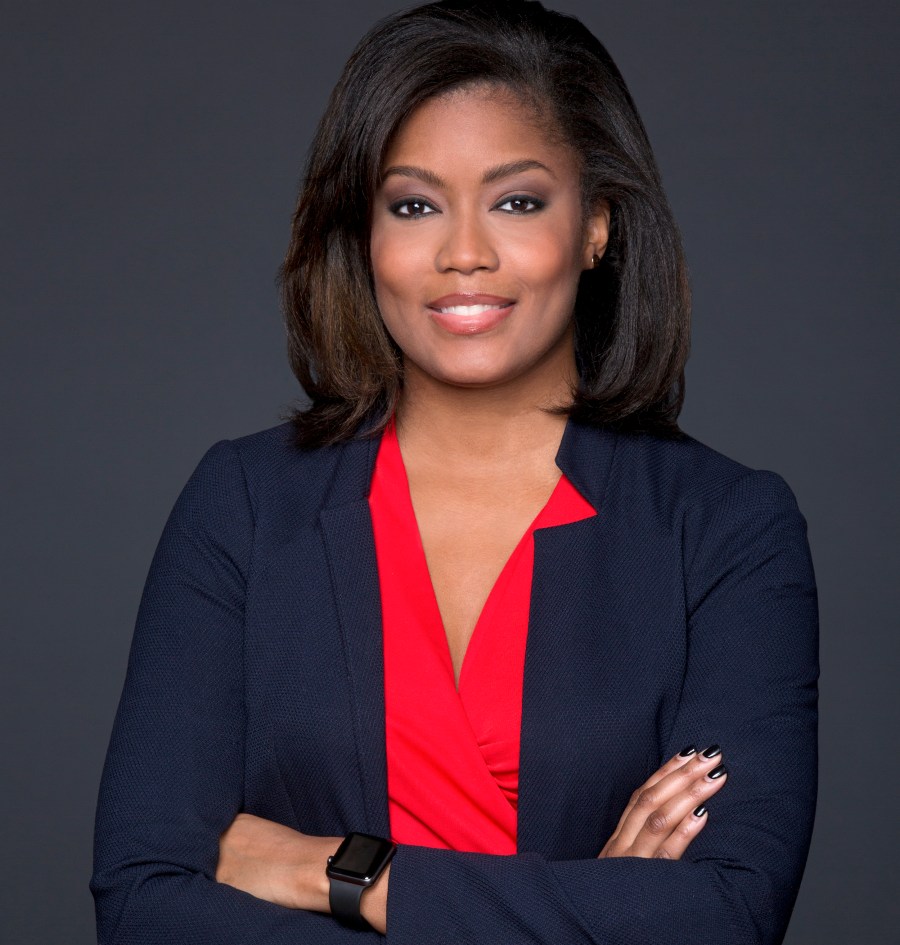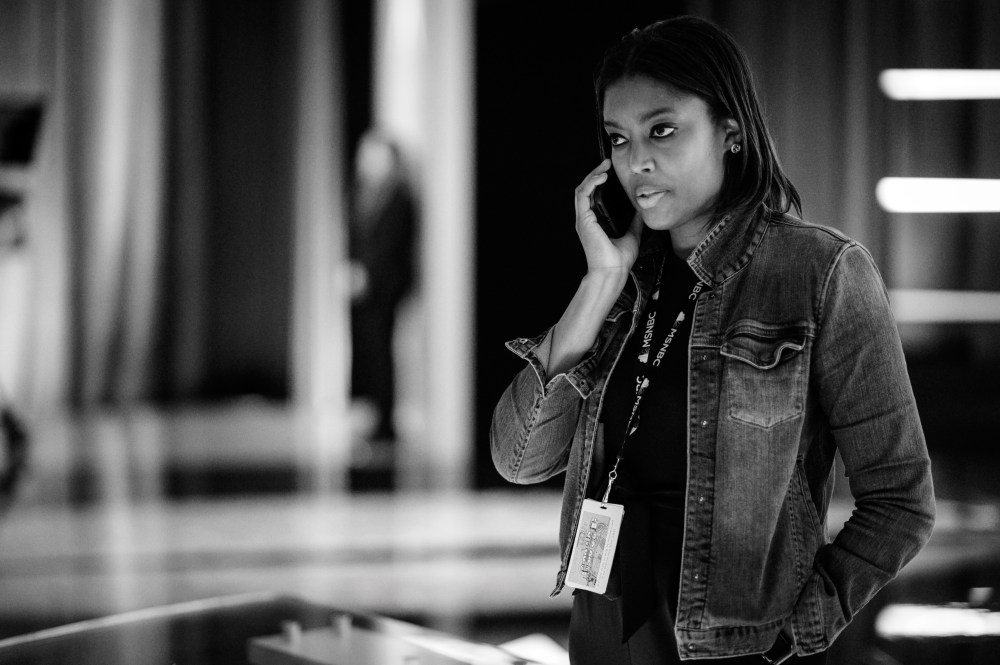On Monday it was announced that Rashida Jones will succeed Phil Griffin as president of MSNBC, starting early next year.
Know Your Value founder Mika Brzezinski recently spoke to Jones — who leads MSNBC’s daytime programming and is currently the senior vice president for NBC News and MSNBC— to get her best advice. Here’s a look at their conversation:
Since the Covid-19 lockdown began in March, the vast majority of MSNBC and NBC News staffers in New York have been working from home. That includes producers, reporters and anchors.
Not Rashida Jones.
The senior vice president of specials at NBC News and MSNBC, who also leads MSNBC’s daytime programming, has been a steady presence at 30 Rock. Why? To ensure that the network’s live programming remained excellent, even as the pandemic raged.
“Part of it was necessity, being the last line of defense … If there’s breaking news, and with moving everyone else out of here, there just became fewer resources,” Jones recently explained to Know Your Value founder and “Morning Joe” co-host Mika Brzezinski. “I could be the eyes and ears … I was comfortable in wanting to be a go-to.”
As part of her job leading daytime programming, Jones has also spearheaded setting up approximately 50 remote out-of-studio setups for the network’s reporters and anchors across the country.

Such curveballs are nothing new for Jones, who has nearly two decades of experience as a news executive. She has led and executive produced breaking news and major event coverage for both NBC News and MSNBC, including election nights, primary and presidential debates, political conventions and more.
Brzezinski chatted with Jones about working in journalism amid Covid-19, how mentorship has changed, the importance or rolling up your sleeves during challenging times and more.
Below are excerpts from their conversation, which has been edited for brevity and clarity.
Mika Brzezinski: You never actually worked remotely during Covid-19. What has that been like?
Rashida Jones: We still have somewhere between 5 to 10 percent of the staff coming in every day, and I’ve been here every day.
What has resulted is that on any given day, I’m having, in some cases, conversations that maybe I didn’t have before with colleagues or a team that I didn’t support before. Through all of it, I’ve developed a closer relationship to the teams that work out of here.
MB: That’s great. It shows people that if you naturally fit into a role, if you can just step up, step in, take over or be helpful, that’s the right type of attitude for a time like this.
RJ: Absolutely. I think what’s come out of this experience, and I would say not just for me, but even some of our, you know, more intrepid, newer correspondents and reporters, is when there are fewer people, it can create more opportunities for people to shine.
… [For example], there’s a production assistant, and when the team was full-staffed, her job was largely administrative. But now she’s doing much more editorial, out of necessity. I see a lot of examples like that where people are getting to do things that they had never gotten exposure to before or never gotten to do before.











